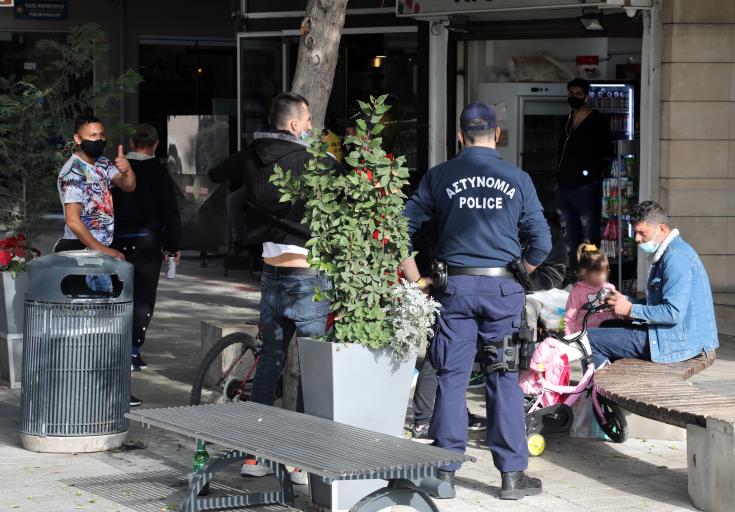Gymnasium students, Limassol primary school kids, will not return to class next week, hospitality can operate outdoors, and a nighttime curfew will be pushed back to 11 pm, as the government grapples with lockdown fatigue.
Health Minister Constantinos Ioannou announced the easing of measures on Friday while some restrictions were tightened as COVID-19 cases have seen a resurgence.
Worried about pressure on the health system due to a spike in Limassol cases and prevalence of the potent UK variant, Cyprus took a more cautious approach than initially planned.
Limassol’s 14-day COVID-19 cumulative notification rate has reached a staggering 923.1 per 100,000 inhabitants, pushing Cyprus overall rate to 397.3 per 100,000.
Meanwhile, 25.7% of samples from COVID-19 patients came back positive for the UK strain.
Following a cabinet meeting on Friday, Health Minister Ioannou announced a mixed-bag of measures as cases surged beyond 400 this week.
With large clusters forming in Limassol, the district’s primary school will close until the end of March.
Gymnasium students will also not return to class until next month.
With the virus spreading, health authorities have decided that only 30% of employees at businesses are allowed to be presented at any given time.
Earlier in February, businesses were allowed to have up to 50% of their staff at offices.
Furthermore, businesses must ensure that 25% of their staff working from the office get tested weekly.
The minister also announced that up to six people from different households can gather in public spaces and parks with the use of a mask from Monday.
Also, from next Tuesday, restaurants, bars and café’s will be able to serve seated customers but only in outdoor areas while the curfew will start at 11 pm, instead of 9 pm.
The SMS system remains in force, with people allowed to request to leave their homes two times a day.
Just for Green Monday, gatherings are allowed at picnic sites and dams.
The minister said primary schools in Limassol are to shut down due to a jump in cases and clusters in the district’s schools.
Ioannou said the rise in hospital patients was a cause of concern while virus transmissions were mainly within the family environment and the workplace.
“The aggravated epidemiological picture and the increase in the number of hospital patients causes concern and calls us to be vigilant.
“If admissions continue at this rate, our primary goal, which was to protect the Health System, will be jeopardized, dragging on the good performance we achieved in saving lives,” said Ioannou.
Ioannou said that the government opted to tweak measures, acknowledging society’s fatigue due to the pandemic.
“We have also taken into account expert concern over psychological fatigue, which is pervasive throughout society after a year in unprecedented and difficult conditions, and the measures may not have worked due to this fatigue,” said Ioannou.
The Health Ministry of Health announced Thursday that 185 patients were receiving treatment in state hospitals, 36 of whom are in a serious condition, 16 were intubated.
Ioannou pointed out that COVID patients in the hospital are getting younger, as children are more susceptible to the UK strain spreading in the community.










